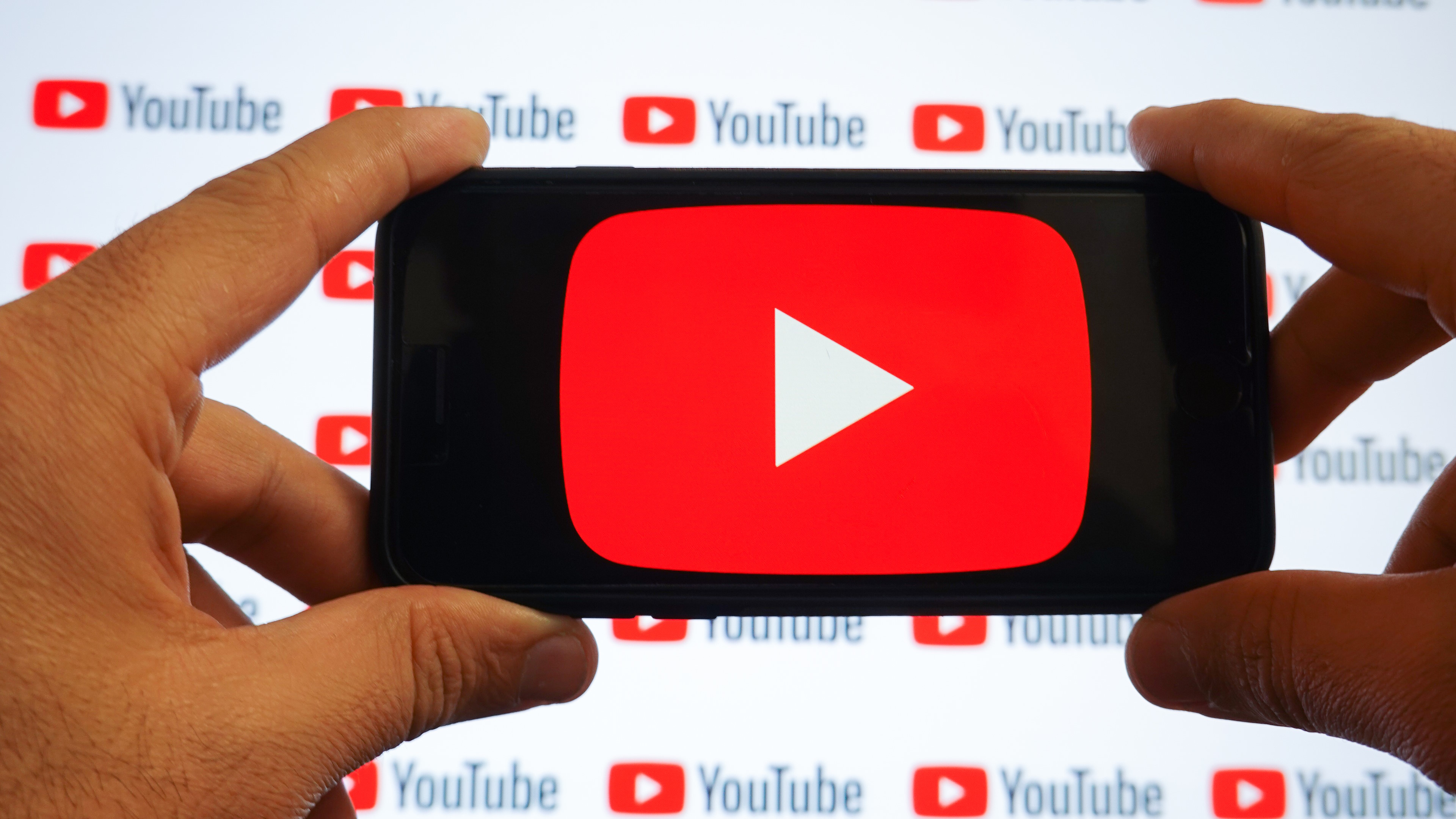Developer Offer
Try ImaginePro API with 50 Free Credits
Build and ship AI-powered visuals with Midjourney, Flux, and more — free credits refresh every month.
YouTube Pulls Plug On AI Movie Trailer Monetization
 (Image credit: Lorenzo Di Cola/NurPhoto via Getty Images)
(Image credit: Lorenzo Di Cola/NurPhoto via Getty Images)
YouTube is finally addressing the surge of AI-generated trailer videos that have been populating the platform. If you have spent time online recently, you have likely encountered one of these AI film trailers. Perhaps you have even left a poorly generated AI comment on them.
The Rise of Deceptive AI Movie Trailers
These trailers frequently feature clips of famous actors edited in from other projects or, increasingly, entirely fake, AI-generated footage to advertise movies that are completely non-existent. This practice is primarily driven by the pursuit of revenue. In response, YouTube has suspended several large AI trailer accounts from the company's paid partner program, effectively cutting off their monetization.
YouTube Takes Action Following Investigation
This development comes after Deadline began investigating the rise of AI trailer videos on YouTube. Following the investigation, the publication reported the suspension of two prominent YouTube channels, Screen Culture and KH Studio, from earning revenue through their AI-generated videos. These channels command substantial audiences, with 1.4 million and 724,000 subscribers on their primary accounts, respectively.
YouTube confirmed the scope of their action, stating, "Our enforcement decisions, including suspensions from the YouTube partner program, apply to all channels that may be owned or operated by the impacted creator." This implies that any smaller, linked accounts associated with these creators should also be affected.
Targeting the Financial Incentive
Removing monetization from these accounts is a significant step, as revenue is clearly the main objective for these creators and potentially others engaging in similar practices. Deadline's investigation also uncovered that major Hollywood studios, such as Warner Bros. Discovery and Sony, have previously claimed advertising revenue on Screen Culture's trailers. This suggests that even the companies controlling the intellectual property might not have been strongly motivated to halt these videos, particularly while they were also receiving financial benefits.
Future Implications for AI Content on YouTube
With the suspension of these major accounts, there is hope for a significant reduction in the prevalence of such misleading trailers on YouTube. Without financial remuneration, the creators of these videos should be less incentivized to spread misinformation.
Furthermore, there is a glimmer of optimism that this could mark the beginning of YouTube adopting a more serious stance against problematic AI-generated content on its platform. However, it is perhaps too early to expect comprehensive changes overnight.
Compare Plans & Pricing
Find the plan that matches your workload and unlock full access to ImaginePro.
| Plan | Price | Highlights |
|---|---|---|
| Standard | $8 / month |
|
| Premium | $20 / month |
|
Need custom terms? Talk to us to tailor credits, rate limits, or deployment options.
View All Pricing Details
